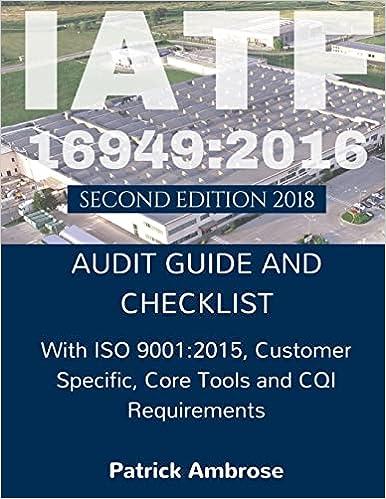Question
Mark has come to your office for help in filing his 2019 federal income tax return. He gives you the following information: Mark is single
Mark has come to your office for help in filing his 2019 federal income tax return. He gives you the following information:
Mark is single and works for IBM. Mark received a salary of $125,000 in 2019, as reported on his W-2. Mark had $4,000 of federal income tax withheld from his paychecks during the year.
Unfortunately, Mark suffered serious medical problems in 2019. He paid $8,000 in medical expenses to treat his illness (including doctor visits, hospital bills, medications).
Mark owns his home and owes $150,000 on his mortgage. In 2019, he paid $7,500 in mortgage interest. He also paid $4,000 in real estate taxes for the home.
Mark is also paying off his student loans from his MBA program at TSU. In 2019, he paid $3,500 in student loan interest.
Mark bought and sold various stocks in 2019. He had $4,000 in capital gains from the sales and $8,000 in capital losses from sales.
Next, assume that you filed the tax return based on the information above on April 1, 2020. In May of 2020 you discover that Mark did not mention to you that he received other taxable income of $35,000 in 2019. This was a one-time transaction and you are not sure if Mark intentionally omitted the information or if he made an honest mistake since it was a one-time transaction. Mark has asked you how long the IRS has to audit his tax return.
Please explain to Mark what the last day the IRS can audit his return and seek to impose additional tax is. Be sure to fully explain your reasoning.
Step by Step Solution
There are 3 Steps involved in it
Step: 1

Get Instant Access to Expert-Tailored Solutions
See step-by-step solutions with expert insights and AI powered tools for academic success
Step: 2

Step: 3

Ace Your Homework with AI
Get the answers you need in no time with our AI-driven, step-by-step assistance
Get Started


